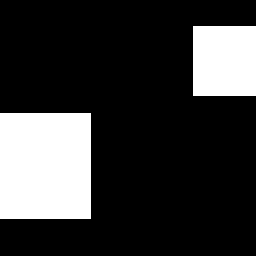Vascular implants – new aspects for in situ tissue engineering
- verfasst von
- Cornelia Blume, Xenia Kraus, Sebastian Heene, Sebastian Loewner, Nils Stanislawski, Fabian Cholewa, Holger Blume
- Abstract
Conventional synthetic vascular grafts require ongoing anticoagulation, and autologous venous grafts are often not available in elderly patients. This review highlights the development of bioartificial vessels replacing brain-dead donor- or animal-deriving vessels with ongoing immune reactivity. The vision for such bio-hybrids exists in a combination of biodegradable scaffolds and seeding with immune-neutral cells, and here different cells sources such as autologous progenitor cells or stem cells are relevant. This kind of in situ tissue engineering depends on a suitable bioreactor system with elaborate monitoring systems, three-dimensional (3D) visualization and a potential of cell conditioning into the direction of the targeted vascular cell phenotype. Necessary bioreactor tools for dynamic and pulsatile cultivation are described. In addition, a concept for design of vasa vasorum is outlined, that is needed for sustainable nutrition of the wall structure in large caliber vessels. For scaffold design and cell adhesion additives, different materials and technologies are discussed. 3D printing is introduced as a relatively new field with promising prospects, for example, to create complex geometries or micro-structured surfaces for optimal cell adhesion and ingrowth in a standardized and custom designed procedure. Summarizing, a bio-hybrid vascular prosthesis from a controlled biotechnological process is thus coming more and more into view. It has the potential to withstand strict approval requirements applied for advanced therapy medicinal products.
- Organisationseinheit(en)
-
Institut für Technische Chemie
Fachgebiet Architekturen und Systeme
Institut für Mikroelektronische Systeme
- Typ
- Übersichtsarbeit
- Journal
- Engineering in life sciences
- Band
- 22
- Seiten
- 344-360
- Anzahl der Seiten
- 17
- ISSN
- 1618-0240
- Publikationsdatum
- 03.2022
- Publikationsstatus
- Veröffentlicht
- Peer-reviewed
- Ja
- ASJC Scopus Sachgebiete
- Bioengineering, Biotechnologie, Environmental engineering
- Elektronische Version(en)
-
https://doi.org/10.1002/elsc.202100100 (Zugang:
Offen)


